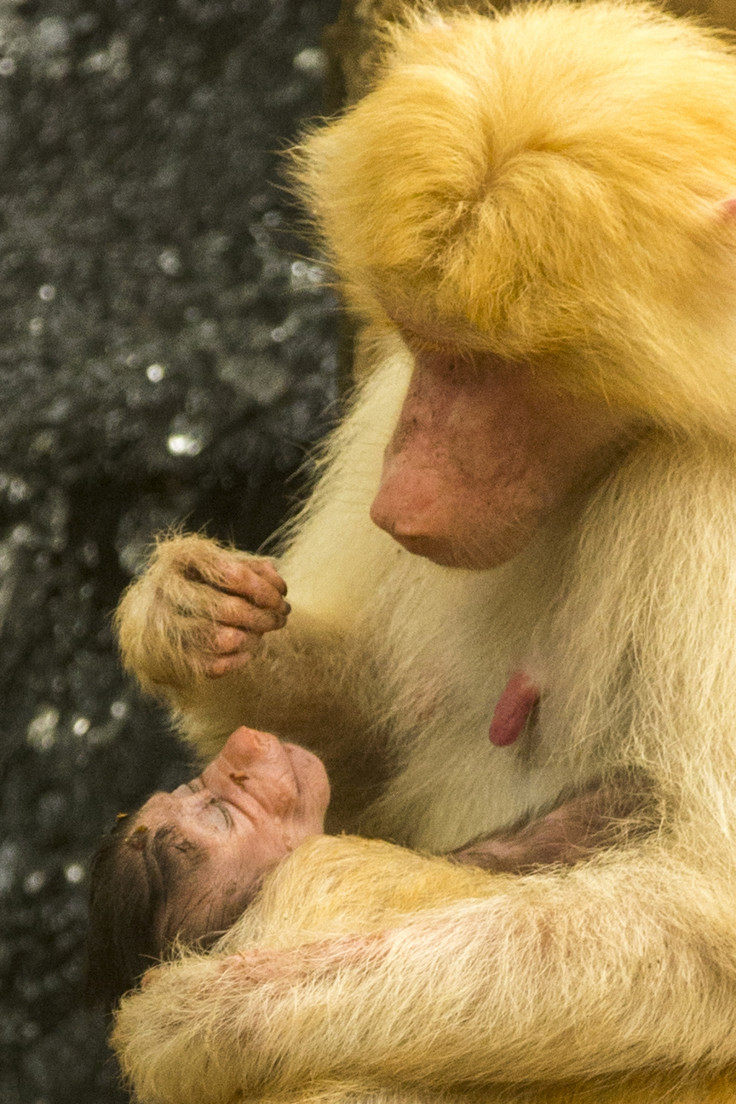Male baboons force females to abort foetuses
Foeticide is not well understood in primates but could be widespread, researchers say.
Male baboons entering a new social group will attack pregnant females to force an abortion, a long-term study of baboon behaviour finds.
Aggressive male baboons have been known to kill infants when they join a new group, but this is the first time that they have been found to attack and thereby force abortions of pregnant females, finds a study published in the journal Proceedings of the Royal Society B. The study of baboons in the Amboseli basin in Kenya is the first long-term account of male behaviour towards infants and unborn foetuses.
It's thought that male baboons conduct such attacks in order to make females more readily available for reproduction. However, almost a quarter of pregnant or nursing baboons that were the subject of attack by a new male in the group often died along with their infant or foetus.
Reproductive advantage
The scientists say that the potential reproductive opportunity for the incoming male was greater than the risk of losing a future opportunity to mate because the female had died. Female baboons who survived the attacks often mated with the male responsible.
"By killing an infant, an infanticidal male causes the infant's mother to return to a reproductive state sooner than she otherwise would by eliminating a period of continued lactation during which she would not be cycling," the authors write in the paper. "A feticidal male gains even greater reproductive benefits, as he is able to eliminate periods of both pregnancy and lactation."
The attacks were more likely to happen when food or other resources were scarce, the study finds. It was also more common when the incoming male achieved high social status very quickly, when he stayed in the group for three months or more or when there were many infants and pregnant females in the group.
Hard to spot
Infanticide is not rare in nature, with species including lions, whales and rodents. Among primates, however, infanticide is more prolific. A total of 84 populations of 54 species of primates observed to date engage in infanticide.
Forcing the abortion of a foetus is harder for scientists to spot, as it involves knowing which females are pregnant. This study got around that by carefully monitoring when baboons had sex, and subtle changes in female physiology that indicate a pregnancy.
Among the many populations of primate involved in infanticide, the harder-to-spot behaviour of 'foeticide' by aggressive males could also be equally widespread.

© Copyright IBTimes 2025. All rights reserved.





















